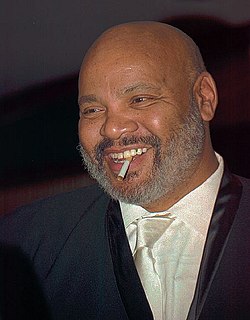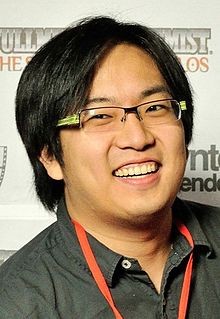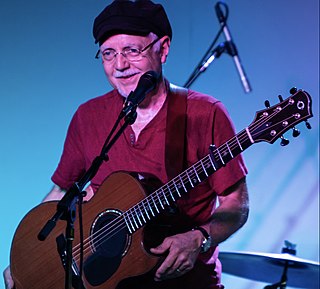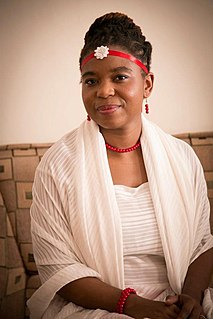A Quote by Eric Nam
For the first four or five years I was in Korea, I took a lot of direction from my management and label in terms of what people want. I found myself trying to fit into that thing I never felt comfortable with because the critique I got was that I was too American, and too sophisticated and polished in terms of my musicality and it won't sell.
Related Quotes
I wrote Her First American and I always say it took me eighteen years. It took me that long was because after about five years I stopped and wrote Lucinella. I got stuck; it was too hard to write. Lucinella felt like a lark. I wanted to write about the literary circle because it amused me, and I allowed myself to do what I wanted to do. It's just one of the things I'm allowed to do if I feel like it.
The point of Silicon Valley at least when I moved here was we're all trying to do stuff and none of us quite felt like we fit in anywhere else. But we were all trying to do good things. And the money was just the byproduct of good things. The idea that there's an obligation to have that thing happen in four years or five years or six years, I think we need to disavow that.
I traveled the world ten times over doing something I never thought I'd do in a million years. I found myself in Tokyo, Japan. I (was in) a Dell Computer commercial, the first thing I had ever done, and I fell in love with it. I fell in love with the green screens, I fell in love with (everything). The translator was explaining everything to me. It was a passion like I had never felt before. I came back and it took me five years to really accept that that was okay.
Seattle was good for me. I was very comfortable there - not comfortable in terms of it was too easy, but I was at home, I was with my family and friends. It was a great life. I was home. But I think, for me, when I get too comfortable with the lifestyle and everything, I feel that my performances, my focus can go down.
I've got to be kind of careful because I've had good advice: "Don't sell yourself too short." I have to not be too available to everything that comes along. I've always been a people pleaser and now I'm upping the ante in terms of price so I can be more selective. I really enjoyed working on three tracks on Sara Groves' [parenthood-focused] album Station Wagon. I love playing on those songs and I love the heart in that album.




































